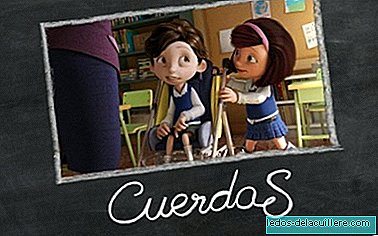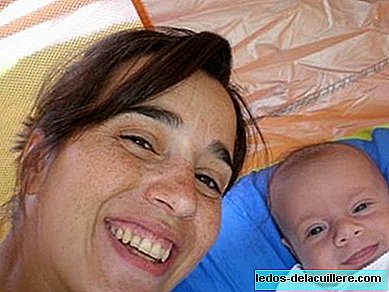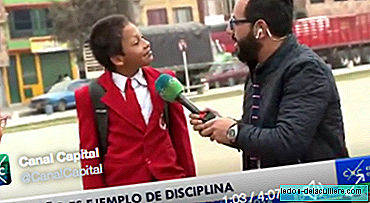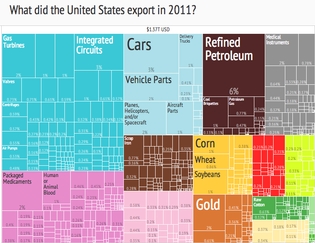During the celebration of the TEDx Madrid 2014 “True and false”, Gonzalo Fanjul developed the presentation “The silent emergency of child poverty in Spain”, which I assure you is worth listening to. As usual in the TEDx, the duration of the interventions is around 10 minutes, it lasts just over 11, so you have no excuses.
Gonzalo is a researcher and anti-poverty activist, and among many other merits, he is known to be the lead author of Innocenti Report Card 12 - UNICEF on child poverty (not yet presented). He is also director of the area of policy analysis at ISGlobal, and associate researcher at CIECODE.
I have taken notes while listening to the video, but I do not want to distort the content, so I comment with you a few ideas, because what really interests me is we discover a reality that Fanjul describes as “Silent National Emergency” that is going unnoticed, and therefore it needs to be brought to public light
One of every 3 Spanish children is at risk of social exclusion, and this fact separates us very much from other European countries, although as you will discover during the intervention, it also distances us in addressing the problem, that is why public debate is so important, from which real measures are taken. A crisis situation like the one we suffer can cause children to have consequences throughout their lives, this is more than proven
We need politicians to overcome the abulia, and do not think that I exaggerate in using that term, since during this term, only two of 350 parliamentary initiatives they have been related to the situation of the children, and they have not prospered.
While the elderly have reduced their own risk of exclusion due in part to protection systems, the opposite is true for children. When I listen to Gonzalo, I wonder “what are we thinking about?”, “What are our politicians thinking?” Do we believe that the situation will resolve itself? Because we are facing a catastrophe of an ethical nature that is also impractical for the future of an entire country (a society of less productive children, reduced fertility rate, etc.).
I am left with two experiences that work: that of the United Kingdom (though it is a commitment), where by converting the issue into a public matter, it was possible to enact a Law guaranteeing the rights of children. And that of the City Council of Aviles, where in the elaboration of the Childhood and Youth Plan has allowed the (real) participation of children, even in the negotiation of the conditions of the Plan.
And finally, I subscribe to the idea that it is better for us to maintain and increase the public debate, for which we can take advantage of UNICEF's campaign for a State Pact for Children, to be heard, because we are the voice of children .












